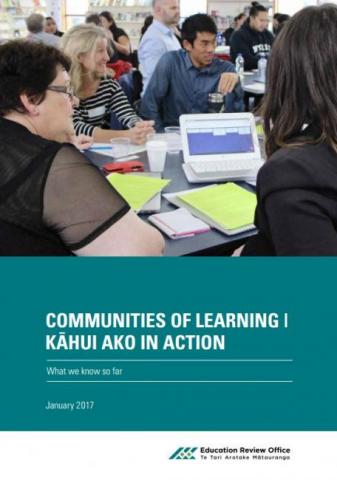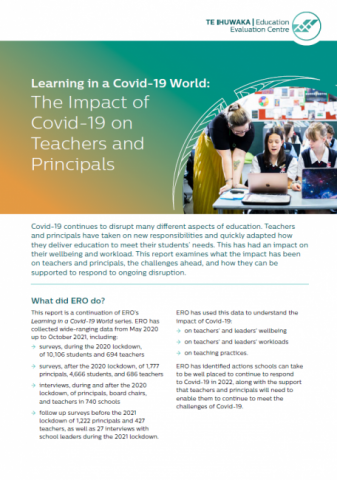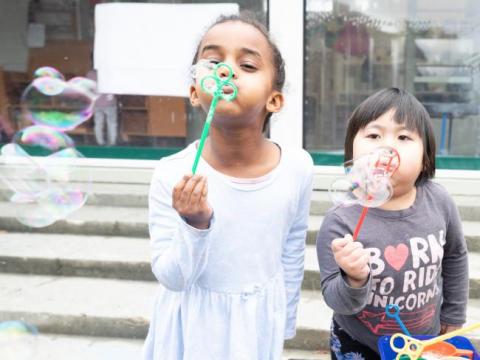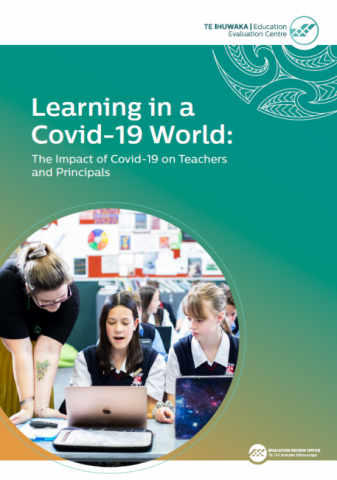Communities of Learning | Kāhui Ako in action
Published: 25 Jan 2017
This is the first of a series of iterative reports which draw together what ERO knows about CoL | Kāhui Ako, as they move from establishment to implementation.
- Audience:
- Schools
- Content type:
- Research
- Topics:
- Communities of Learning | Kāhui ako
- Progress and Consistency Tool (PaCT)












